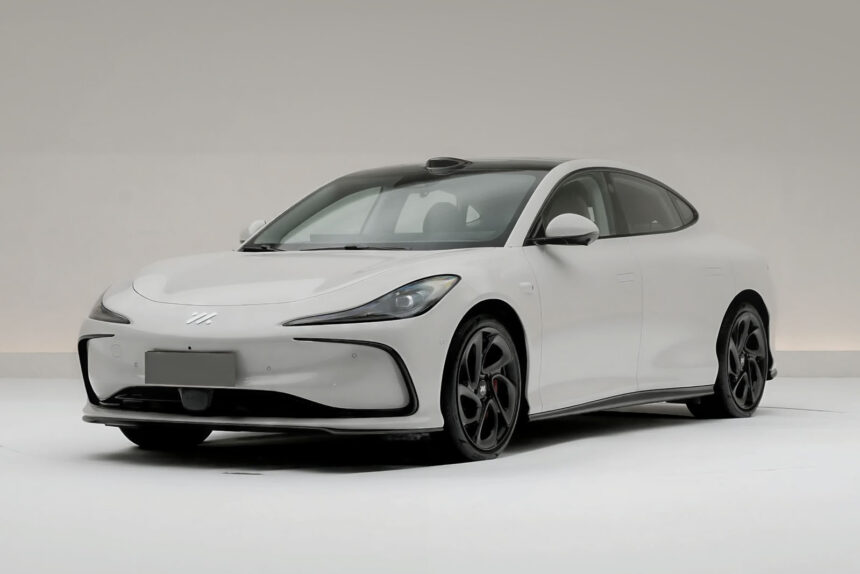Honda, one of the leading car manufacturers, has recently opened a pilot production line for full-solid-state batteries at its research and development base in Tochigi, Japan. This new technology will be tested for various materials and manufacturing processes to enhance production efficiency and output. The cells are expected to be used in Honda’s hybrid and electric cars by the end of this decade.
On the other hand, Toyota made a breakthrough in the durability of the electrolyte, addressing the issue of cracking under high forces. The company is working on developing a mass production method for these cells and aims for a launch in 2027 or 2028. These solid-state batteries are said to offer a range of over 900 miles and a quick recharge time of less than 10 minutes.
Nissan, another major player in the automotive industry, has ambitious plans to launch a car with full-solid-state batteries in 2028. This next-generation vehicle, possibly the GT-R supercar, will be designed to fully utilize this cutting-edge technology. Nissan is set to open a pilot production plant next year and finalize engineering work on the cells by 2026.
BMW, in collaboration with American company Solid Power, received pilot cells for solid-state batteries last year. While there were initial reports of a potential road car application by 2030, BMW’s CEO has hinted at the significance of these batteries in creating lightweight electric performance cars.
Mercedes-Benz, despite its partnership with battery maker Factorial, has questioned the necessity of solid-state batteries. The brand’s tech chief highlighted the advancements made with lithium-ion cells and suggested that solid-state batteries may not be crucial. However, Mercedes-Benz previously aimed to incorporate solid-state packs into its mainstream cars by 2030.
Volkswagen Group, the world’s second-largest car maker, is working on upscaling solid-state battery technology developed by Quantumscape. With a license agreement to produce up to 80GWh of solid-state cells annually, Volkswagen could potentially introduce this technology in the next Golf model, scheduled for 2028. This aligns with the timeline of other manufacturers exploring solid-state batteries for future electric vehicles.
Overall, the automotive industry is rapidly advancing towards the adoption of solid-state batteries to enhance the performance and efficiency of electric vehicles. With major players like Honda, Toyota, Nissan, BMW, Mercedes-Benz, and Volkswagen investing in this technology, the future of electric mobility looks promising. Stay tuned for more updates on the evolution of solid-state batteries in the automotive sector.







